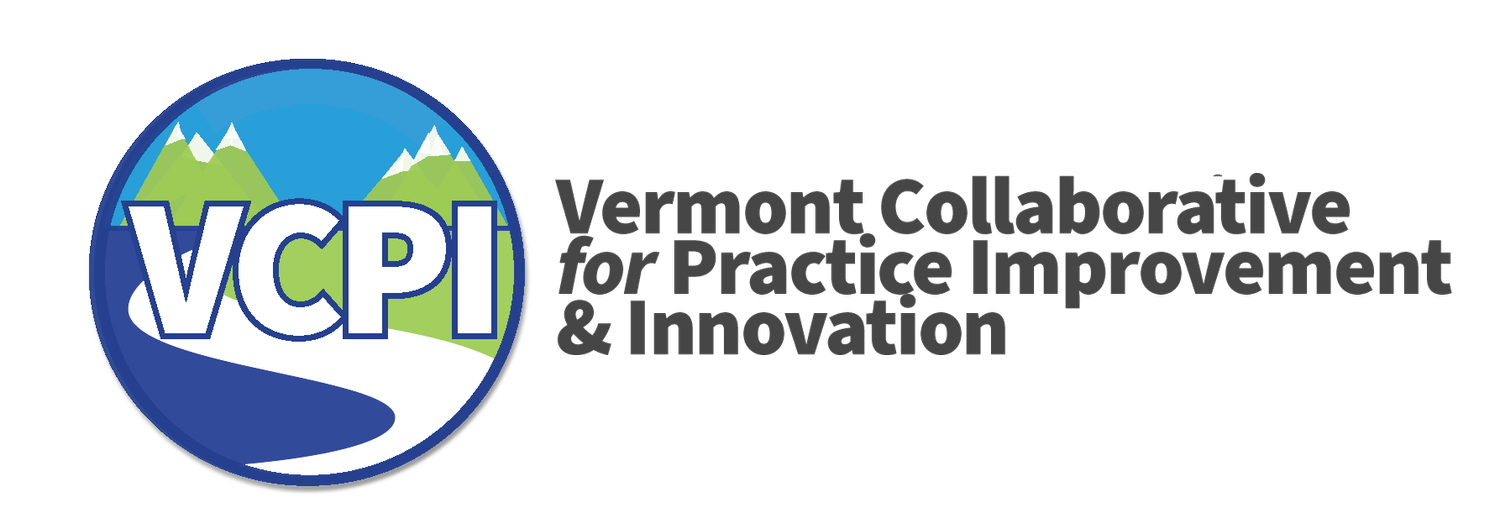Collaborative Networks Approach (CNA)
This training project has been completed and is not currently active. VCPI is currently partnering with CSAC on developing a new digital CNA/Open Dialogue resource.
VCPI is excited to announce the Vermont Training in Collaborative Networks Approach (CNA) Training Program! Collaborative Networks Approach (CNA) is a person-centered, recovery-oriented approach to treatment that incorporates aspects of need-adapted approaches (Open Dialogue, reflecting therapies), peer support, and recovery-oriented care.
The goal of this training series will be to provide Vermont practitioners sufficient training to implement application of the Collaborative Networks Approach (CNA) within the Vermont System of Care. The curriculum will be organized with the guidance of Dr. Werner Schutze and will also involve other international practitioners from Norway where reflecting process originated and Tornio, Finland where Open Dialogue and needs adapted services originated. We aim to offer a pragmatic training that can be adapted within the existing system of care in Vermont. In addition, we will model the training to maximize its sustainability. We will train staff who will become trainers within their work settings. The training materials will be open access to supporting agencies within the state.
VCPI administered funding provided from DMH to pilot the application of Open Dialogue in Vermont. Open Dialogue is a model of service delivery developed by a team in Western Lapland Finland over 20 years ago. The data indicates substantially lower rates of hospitalization and medication use, as well as other indications of a substantially altered, or entirely diverted, trajectory of schizophrenia. Pilot sites include CSAC/UCS and the Howard Center. Pilot programs are focused on clinical training, model implementation, evaluation of outcomes and recommendations on future implementation in Vermont.
VCPI’s ongoing efforts are focused on developing a sustainable training model and recommendations for future implementation in Vermont in coordination with champions of Open Dialogue across the state. In collaboration with the Open Dialogue workgroup, VCPI developed a proposal for continuation of activities surrounding the Open Dialogue model as well as a statewide survey to assess interest and readiness for people who have been involved with Open Dialogue in Vermont.
CNA Training Program:
Description: Comprehensive 16 days of training for 25 participants, over 5 sessions.
Involvement of others from Europe so participants can get a spectrum of exposure to applications and different areas of expertise and emphasis. Pia Jessen and Rieulf Ruud will talk about reflecting process and its roots in Norway, and Mia Kurtti from the original Open Dialogue team will provide her perspective from Tornio.
• The trainings will include presentations from our Vermont based programs and other regional agencies who will share what they have learned about implementation in the US. This includes adaptions at Advocates in Framingham, MA and Parachute in NYC.
Trainer/Trainee Cohort:
Description: Development and involvement of a trainer trainee cohort. This group could help provide continuity throughout the course of the training, could provide onsite consultation if requested.
Learning Community/Consultation
Description: Continued TA, consultation and implementation support for all the participants. To allow access to expert faculty and to support implementation of the practices within a practice improvement framework. This can be done via teleconferences.
Adobe conference video supervision/consultation with the European based trainers for participating programs.
• Consultation calls/video conferencing with training participants or Quarterly face to face meetings with in-state content experts
• Collaborative Network Approach Implementation
• Clinician needs and response to training
• Obstacles/barriers to implementation
• Special client issues related to CNA
